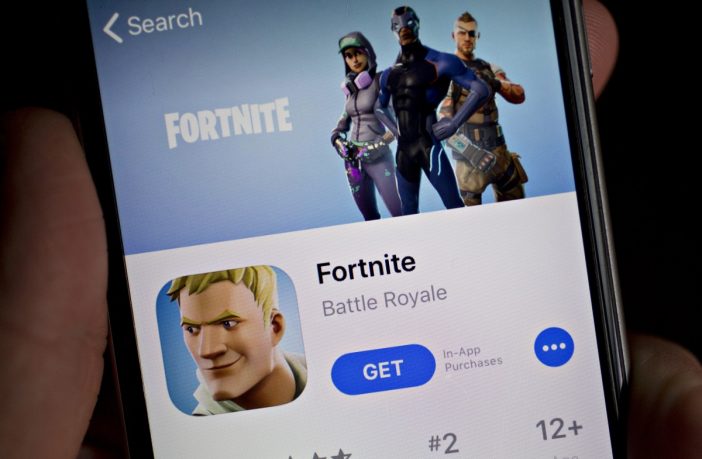
The Federal Trade Commission this week fined Epic Games $245 million, ordering the Fortnite developer to compensate consumers who made unintentional purchases from its digital store. The settlement, first announced in December, is now finalized.
“Fortnite’s counter-intuitive, inconsistent, and confusing button layout has resulted in players incurring unwanted charges from pressing a single button,” the FTC wrote in the announcement. The complaint also criticized Epic for allowing underage gamers to make frictionless and unauthorized purchases without parental approval.
The $245 million settlement — a huge figure but not larger than the regulator’s $5 billion fine imposed on Facebook in 2019 — will be used to reimburse customers. The FTC order will also force Epic to stop using “digital design tricks” like dark pattern design, obtain affirmative consent for digital purchases, and prevent the company from locking the accounts of customers who object. fees for digital goods and services.
The latest settlement, now finalized, follows another massive $275 million fine the agency proposed in December for the company’s handling of the accounts of Fortnite players under the age of 13. The FTC alleged that Epic violated the Children’s Online Privacy Protection Act (COPPA) by collecting children’s full names and contact information without parental consent. This settlement also cited Epic’s decision to launch Fortnite without parental controls or special protections for young users who make up a large part of its player base.
“The Department of Justice takes its mission to protect the data privacy rights of consumers very seriously,” Associate Attorney General Vanita Gupta previously said of the double settlements. “This proposed order sends a message to all online providers that the collection of personal information about children without parental consent will not be tolerated.”
In early December, just before the FTC’s announcement, Epic announced that it would be introducing a new type of account designed to protect younger gamers. This feature, called “cabin accounts”, has been added to Fortnite, Rocket League and Fall Guys – three popular online multiplayer titles from the game maker.
“All players worldwide will be asked to provide their date of birth when logging in,” Epic wrote in a blog post at the time. “If someone indicates that they are under 13 or their country’s age of digital consent, whichever is greater, their account will be a cabin account and they will be asked to provide the email address a parent or guardian to begin the parental consent process.” Until they get parental consent, chat, digital purchases, and certain other features are disabled for cabin accounts.
Protections relying on users declaring their age themselves are at best an imperfect solution. But gaming and social media companies have yet to design systems that address child safety (and the regulatory risks that come with it) while allowing young users access to online virtual spaces where they will inevitably end up by spending time.
Epic games like Fortnite are already well established among younger users, but the company is apparently doubling down on the younger subset of those players. Last year, Epic announced a partnership with LEGO to create “an immersive, inspiring and engaging digital experience for kids of all ages to enjoy together” – a metaverse collaboration that could give rival Roblox a run for its game. money.
Tech




